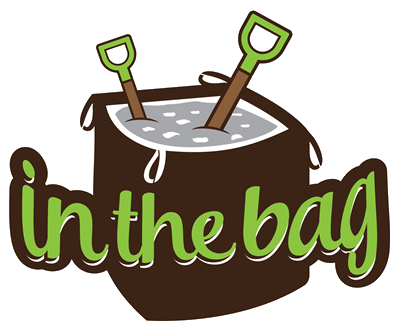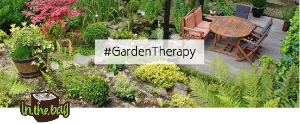If you like gardening in the city, chances are you’ll like gardening at the cottage. But there are definitely additional factors to take into consideration—not only are you in a more rural area, but you’re also not likely to be around to tend to things all summer long. That’s why it’s worth taking a look at this list of mistakes that even the most seasoned landscapers can make.
- Getting too fussy
It’s the cottage, not the Palace of Versailles. Chances are, an elaborate formal garden just won’t look right in a rustic setting. Plus, a fussy garden requires fussing. Do you really want to spend your entire weekend at the cottage pulling weeds? Have a garden, but make it fit with your cottage’s laid-back vibe.
- Forgetting about wildlife
Plant the wrong stuff, and you might as well hang up a bright neon “Buffet” sign for wildlife and pests. Sweet flowering plants can not only attract butterflies, but also deer. Talk to your local garden centre about companion planting. This refers to plants that tend to ward off pests when planted together.
- Not taking sun exposure into account
As anyone who’s ever planted impatiens in full sun will attest, put a plant in the wrong place and you’re either in for a lot of watering or left with no plants at all. Make sure you plant according to the light levels your plants want. Likewise, pay attention to water needs. Bright, dry spots are good for desert-style plants like yucca, while damp soil is well-tolerated by astilbe.
- Forgetting about maintenance
It’s nice to plant a garden, but it won’t stay nice if you don’t work at it. Weeding, tidying and dealing with pests is an ongoing challenge, and if you don’t want to spend your cottage weekends digging and pulling, make sure you keep your landscaping to a minimum. Sometimes it’s nice to just stick to a couple of planters.
- Not considering native plants
With native plants, you can save water, spend less time on maintenance, and support local ecology. Once established in the proper soil and environmental conditions, native plants will flourish with little to no fertilizer, pesticides, pruning, and watering. In fact, many native plants need minimal irrigation beyond average rainfall.


